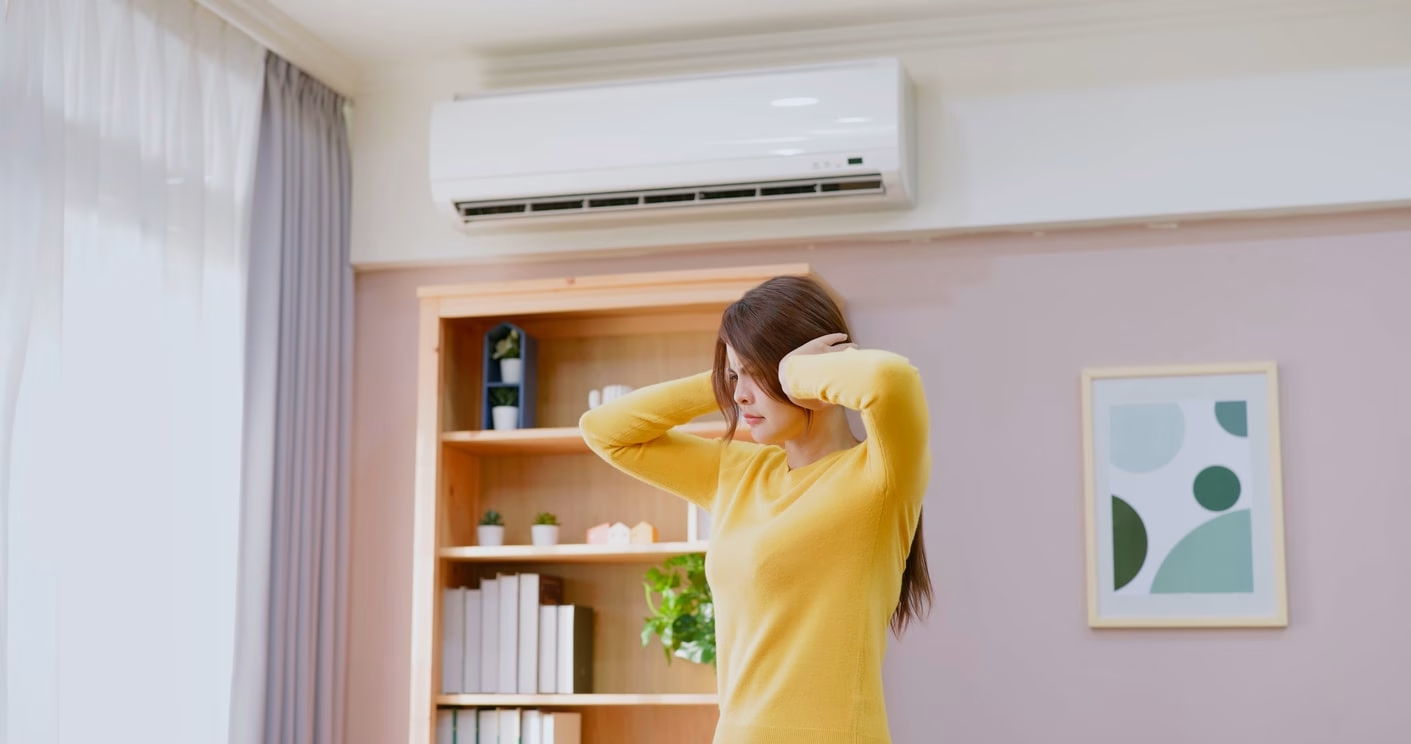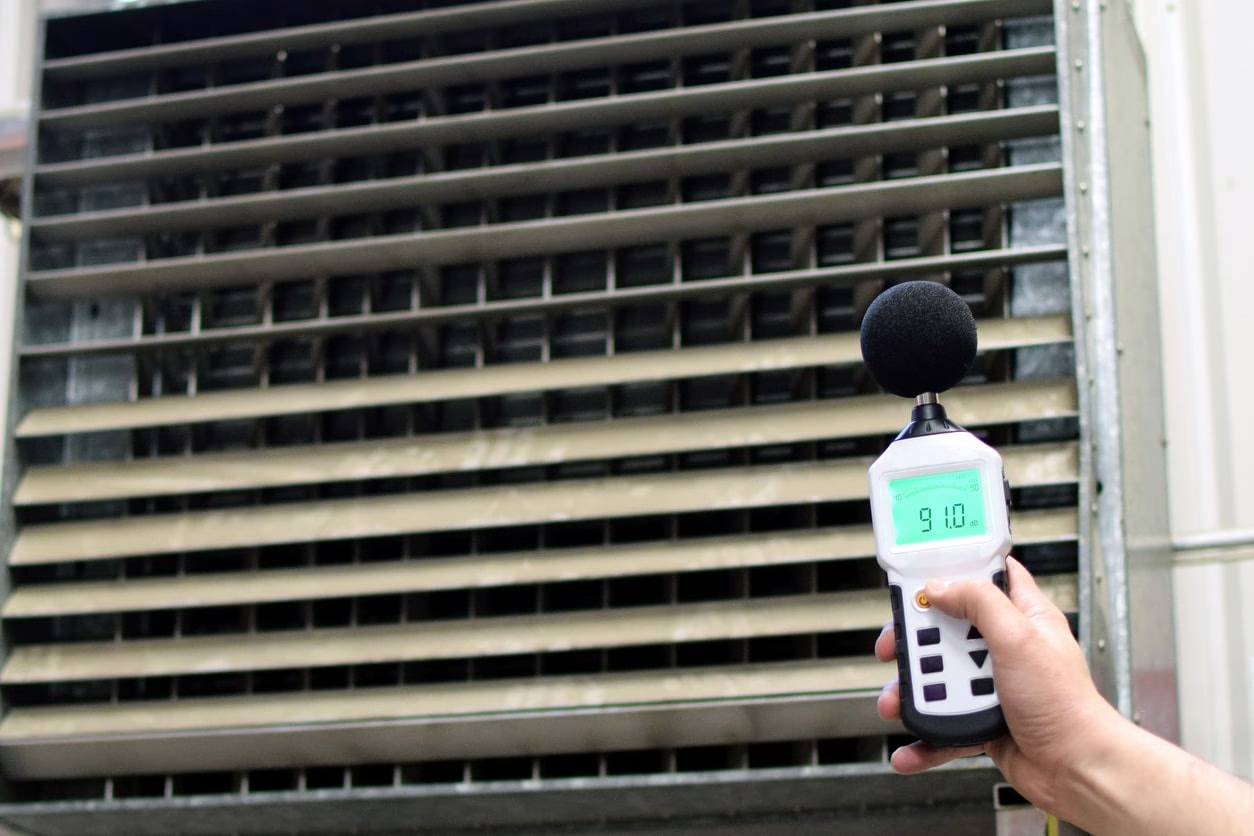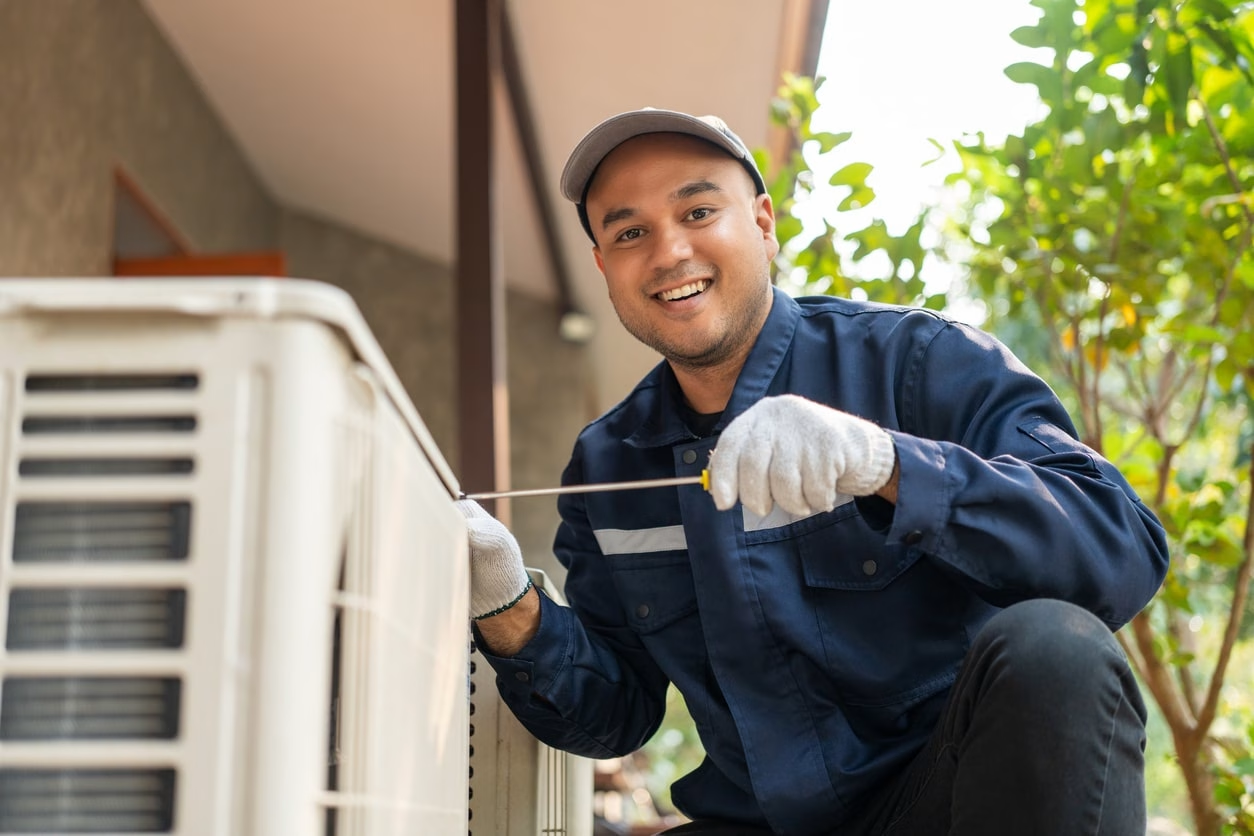As an HVAC system operates, it may produce various sounds, some of which are perfectly normal, while others may indicate underlying issues. By understanding the significance of these noises, homeowners or business owners can promptly address potential problems, preventing further damage and ensuring optimal system performance.
1. Squealing or Screeching
A high-pitched squealing or screeching sound can signify a faulty fan belt in the blower assembly. In such cases, the belt may need replacement. Alternatively, this noise could indicate that the motor requires lubrication, which may or may not be suitable for a DIY approach, depending on the furnace’s make and model. Using the appropriate lubricant is crucial, as more than regular household lubricants may be required.
2. Thwapping or Flapping
A thwapping or flapping sound that coincides with the airflow could signify an obstruction in the blower’s fan blades. While this issue may not be critical to the furnace’s immediate functioning, the obstructing object could cause unnecessary wear and tear on the unit over time.
3. Rattling, Clanking, or Banging (Inside the House)
Rattling, clanking, or banging noises could indicate a loose or broken component within the furnace’s blower assembly or motor. If you hear louder banging sounds when the blower is running, it’s advisable to shut off the system immediately and seek professional assistance, as this could signify a more severe issue, such as a broken or disconnected part.

4. Popping
If you hear popping sounds emanating from your ductwork and the heating system has been inactive for an extended period, this is a common occurrence. The popping noise is typically caused by the expansion of cold metal ducts due to the sudden rush of warm air. However, if the popping persists or originates from another source, it may be recommended that a technician investigate the issue.
5. Buzzing
A buzzing sound from your air conditioning unit could indicate a compressor malfunction, a refrigerant leak that causes the unit to freeze, or a loose part vibrating. Regardless of the cause, it’s advisable to have the issue inspected by a professional to prevent further complications.
6. Frequent Clicking
If you hear frequent clicking sounds from your air conditioning unit, the issue could be the outdoor compressor or the indoor air handler. Several potential causes can be easily diagnosed and addressed by a skilled technician. In the case of a furnace, clicking sounds upon initial startup in colder weather are generally expected and indicate that the system is functioning correctly. If the clicking persists and originates directly from the furnace, it could signify an ignition system malfunction, which may require professional attention.
7. Booming
A booming sound can occur when the furnace attempts to ignite or reignite from a pilot light or electronic ignition but is experiencing difficulties. This situation can lead to gas buildup within the combustion chamber, which may eventually ignite immediately, causing a loud booming noise. This incident should prompt immediate action, as a buildup of carbon particles may cause it. In such cases, it’s advisable to have the combustion chamber and flue inspected and cleaned by a professional HVAC technician.
8. High-Pitched Whistling or Screaming
A high-pitched whistling or screaming sound from your air conditioning compressor is a warning sign requiring immediate attention. This noise could indicate dangerously high refrigerant pressure or even a failing compressor. If you encounter this issue, it’s crucial to immediately turn off the electrical power to the unit and refrain from turning it back on until a professional has inspected and repaired the system. Refrigerant leaks can be hazardous to people, animals, and the environment, making prompt action essential.
9. Hissing
If you hear a hissing sound, it’s essential to determine whether it’s coming from the furnace or the air conditioning compressor. If the hissing originates from the air conditioning compressor, it could signify an internal refrigerant leak or dangerously high internal pressure. In either case, it’s advisable to disconnect the power and seek professional assistance promptly.
On the other hand, if the hissing seems to be coming from the furnace, it may indicate a leaking air duct, which would require professional repair. Alternatively, if the hissing comes directly from the furnace, it could indicate a different type of leak, which a technician should also evaluate.

10. Rattling (From the Outside Compressor or Fan Unit)
A rattling noise emanating from the outdoor compressor or fan unit could be a symptom of a failing compressor, worn-out compressor clutch, or faulty bearings in the pulley system. Regardless of the specific cause, it’s essential to have an HVAC professional inspect and address the issue to prevent further damage or system failure.
Contact Progressive Air Systems for HVAC Noises
While some HVAC noises may seem harmless, you should seek professional help to ensure your system isn’t broken. Any system with moving parts, whether mechanical or chemical, undergoes significant wear and tear over time and requires regular maintenance to operate efficiently. Ignoring strange noises or skipping routine maintenance can lead to costly repairs, system failures, and potentially hazardous situations. It’s easy to overlook its operation, but promptly addressing unusual noises or signs of malfunction is crucial.

If you notice any peculiar sounds, seek professional assistance immediately. Doing so can ensure a comfortable environment, reduce the risk of breakdowns, and extend your system’s lifespan. For expert HVAC maintenance and repair, trust Progressive Air. Contact us today to schedule an inspection and keep your system running smoothly!
